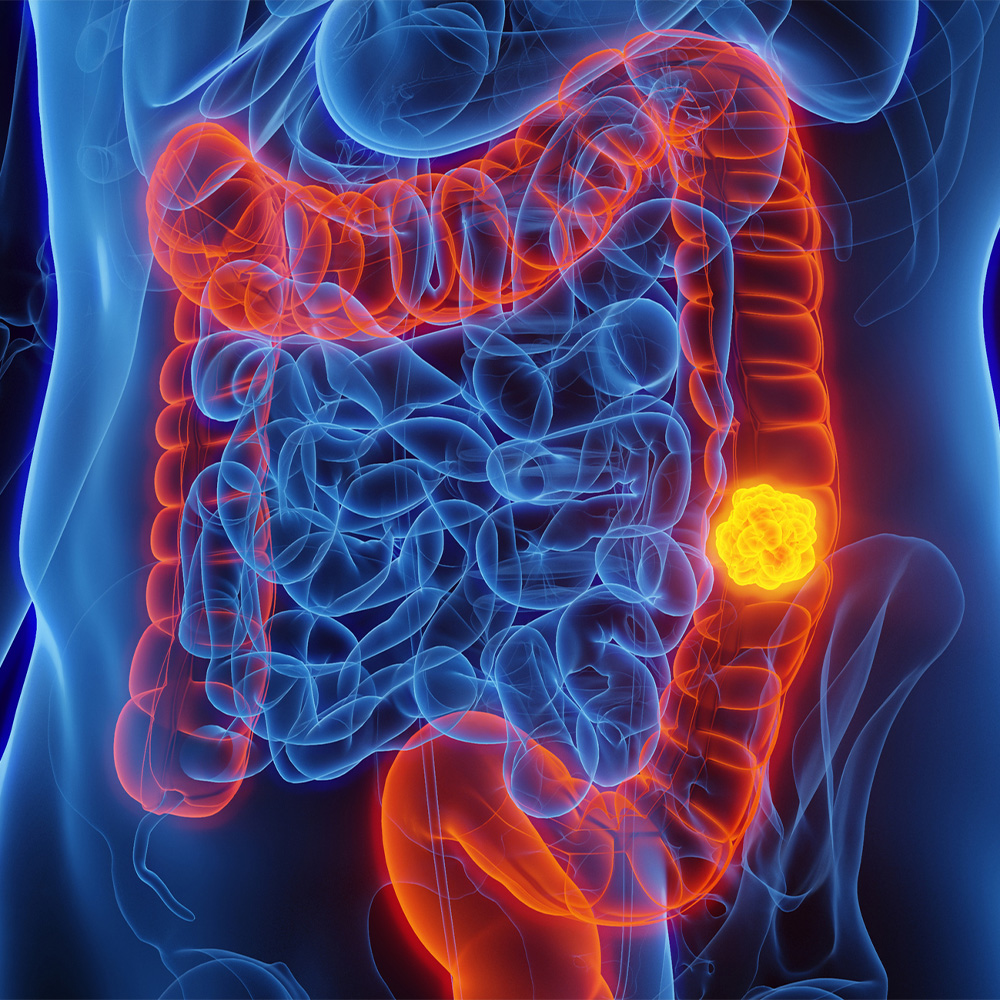Reese selected for prestigious Pew Scholar award

DALLAS – June 14, 2018 – UT Southwestern immunologist Dr. Tiffany Reese was selected to receive a 2018 Pew Scholar award in the Biomedical Sciences and plans to investigate how maternal inflammation during pregnancy alters the immunity of the developing fetus.
The Pew Charitable Trusts’ Scholars Program helps fund promising research by early-career scientists to tackle some of the world’s most pressing health problems. Dr. Reese, whose lab focuses on how microorganisms such as viruses and bacteria interact to trigger or affect the immune system, becomes the seventh Pew Scholar at UT Southwestern, which has the most Pew Scholars in Texas.
The crosstalk between mother and fetus significantly affects development of the fetal immune system, but scientists understand very little about the fundamental mechanisms that drive fetal immune programming.
“Recent associations of Zika virus infection in pregnant mothers to infant congenital abnormalities highlights the pressing need to understand the impact of maternal infections on fetal development. This need is even more apparent when one considers the hundreds of millions of mothers worldwide who harbor infections during pregnancy, all of which can alter immune responses without transmitting to the fetus,” said Dr. Reese, Assistant Professor of Immunology and Microbiology. “We aim to discover the relationship between maternal infection and altered fetal immune programming. These studies will not only enhance our understanding of maternal-fetal interactions, but also have broad implications for efforts aimed at enhancing immunity in infants to vaccination or infection worldwide.”
Traditionally, researchers in the field have studied systems involving an infection with just a single species of virus, bacteria, or parasite. But people are almost always fighting exposure to numerous challenges.
“Dr. Reese is studying how the immune system deals with this complex microbial universe,” said Dr. Lora Hooper, Chair of Immunology.
For example, Dr. Reese has unraveled how worm infections – which are common in certain parts of the world – can induce the immune system to take its foot off the brake and allow certain viruses to establish infections in the body.
“Her research is delving into the molecular details of how this happens and will have profound implications for how we treat viral infections,” said Dr. Hooper, Professor with the Center for the Genetics of Host Defense and of Microbiology and a Howard Hughes Medical Institute Investigator. Dr. Hooper holds the Jonathan W. Uhr, M.D. Distinguished Chair in Immunology and is a Nancy Cain and Jeffrey A. Marcus Scholar in Medical Research, in Honor of Dr. Bill S. Vowell.
“Tiffany’s work is at the interface of virology, parasitology, immunity, and pregnancy, making it very interdisciplinary and bold,” said Dr. Julie Pfeiffer, Professor of Microbiology and a 2007 Pew Scholar who nominated Dr. Reese. “She is fearless in her approach and tackles long-term experiments that illuminate new biology.”
A Fort Worth native, Dr. Reese earned her doctorate from the University of California San Francisco, where her work included the study of molecules that drive inflammation. She then completed a postdoctoral fellowship at Washington University in St. Louis, where she was the first author of a study that identified a mechanism by which infection with a parasite enhances or reactivates a herpesvirus infection. Dr. Reese joined the UT Southwestern faculty in 2015 through the Endowed Scholars Program as a W.W. Caruth, Jr. Scholar in Biomedical Research,
In addition to studies into maternal-fetal immune interactions, the Reese Lab is exploring mechanisms that could explain an association between chronic infection and altered immune responses, which could improve the effectiveness of vaccines and the treatment of chronic infections such as tuberculosis and malaria.
About UT Southwestern Medical Center
UT Southwestern, one of the premier academic medical centers in the nation, integrates pioneering biomedical research with exceptional clinical care and education. The institution’s faculty has received six Nobel Prizes, and includes 22 members of the National Academy of Sciences, 16 members of the National Academy of Medicine, and 15 Howard Hughes Medical Institute Investigators. The faculty of more than 2,700 is responsible for groundbreaking medical advances and is committed to translating science-driven research quickly to new clinical treatments. UT Southwestern physicians provide care in about 80 specialties to more than 100,000 hospitalized patients, 600,000 emergency room cases, and oversee approximately 2.2 million outpatient visits a year.




